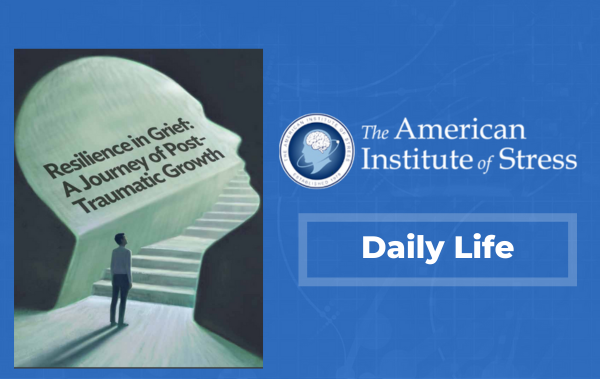By Julia Merrill
PTSD, or Post Traumatic Stress Disorder, affects nearly 8% of Americans, yet it’s still difficult for many people to talk about it because it is often associated with depression, substance abuse, and other mood and mental health disorders. There is a stigma surrounding these disorders that keeps the individuals who suffer with them from reaching out for help, but it doesn’t have to be that way.
Living with PTSD can be overwhelming, especially when it comes with depression or substance abuse, which can make a person feel isolated and lonely. It’s important to remember that there is help available, and that seeking therapy or a doctor’s care is imperative when it comes to getting better. However, there are things you can do to mitigate the symptoms of PTSD and depression and get on the road to your best life. Here are a few tips on how to do just that.
Consider a service dog
Animals are wonderful companions for those living with PTSD or other mental health disorders. They provide comfort, companionship, and unconditional love and can even help their owners reduce stress and anxiety. In fact, studies have shown that petting a dog can have significant health benefits, including lower blood pressure.
Practice mindfulness
This method of self-care can be beneficial for sufferers of PTSD, although you should consult your doctor before beginning a routine. Basically it’s all about living in the moment and focusing on the present; your breathing, the way your body feels, and your surroundings. People who practice yoga and meditation know the calm that mindfulness can bring; in fact, yoga is a great way to focus the mind and learn how to narrow it down to one stream of thought. This can be helpful when learning to cope with the symptoms of PTSD, which include flashbacks and painful memories.
Learn the benefits of self-care
Self-care can be anything you want, as long as it benefits you in a healthy way. This can include anything from getting enough sleep to treating yourself to a spa day or picking up a game of basketball with some friends. In fact, exercise of any kind is encouraged for people living with PTSD, because it can focus the mind and keep harmful thought patterns at bay. Some ideas for self-care include:
– Setting time aside for something you enjoy, such as reading
– Taking a different route to work to enjoy the drive
– Cook a delicious, healthy meal for yourself
– Learn a language you’ve always wanted to speak
– Get in touch with an old friend
– Take a long lunch with someone you enjoy spending time with
Be patient with yourself
A counselor or therapist can help you understand that guilt and shame hold no place with PTSD, but it’s a difficult lesson to learn. Be patient with yourself and remember that sufferers of PTSD and depression cannot help their behavior. It’s important to keep in mind that the trauma you suffered was not your fault, and that there is help available to you, but it will take time to heal. Be kind to yourself in the meantime.





